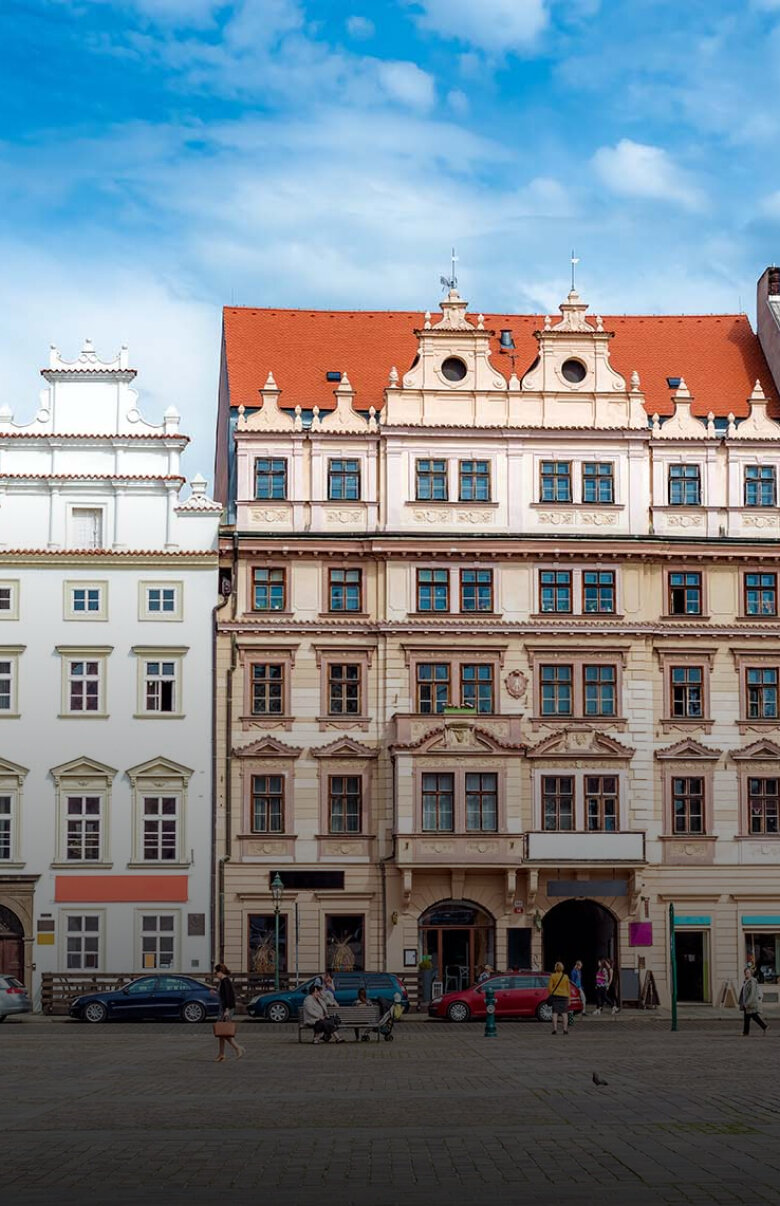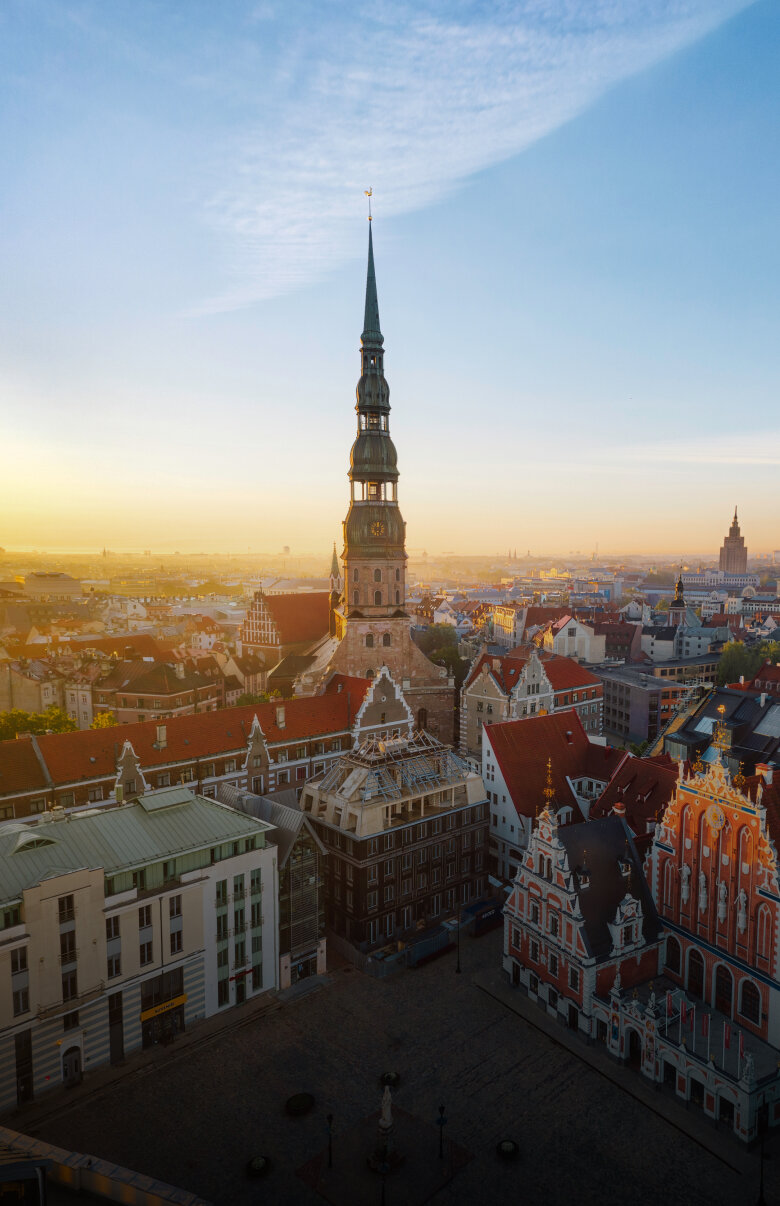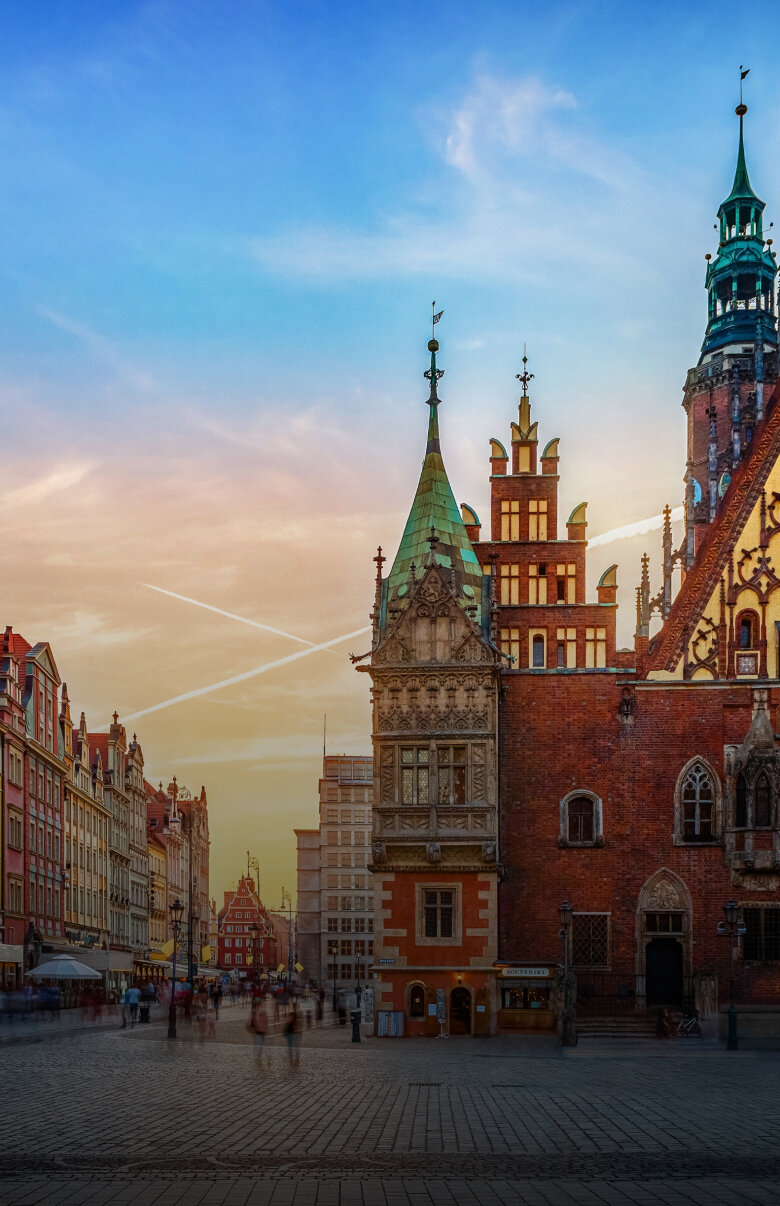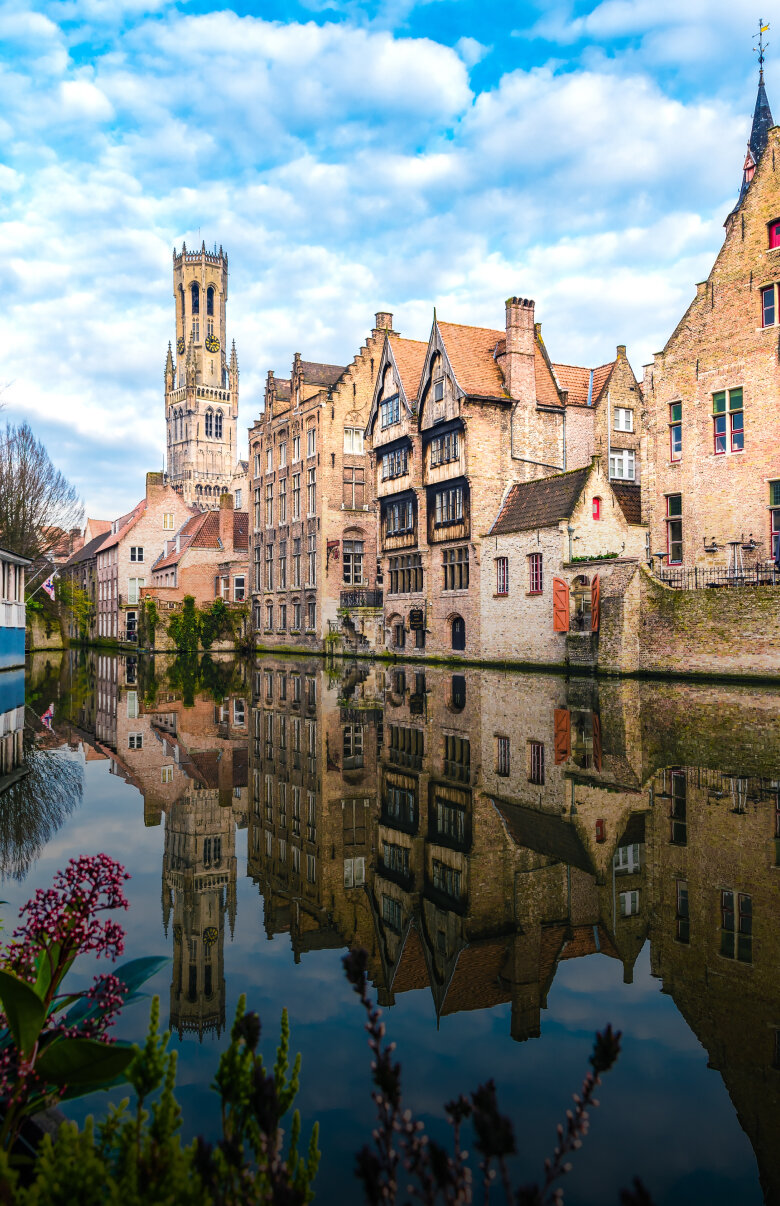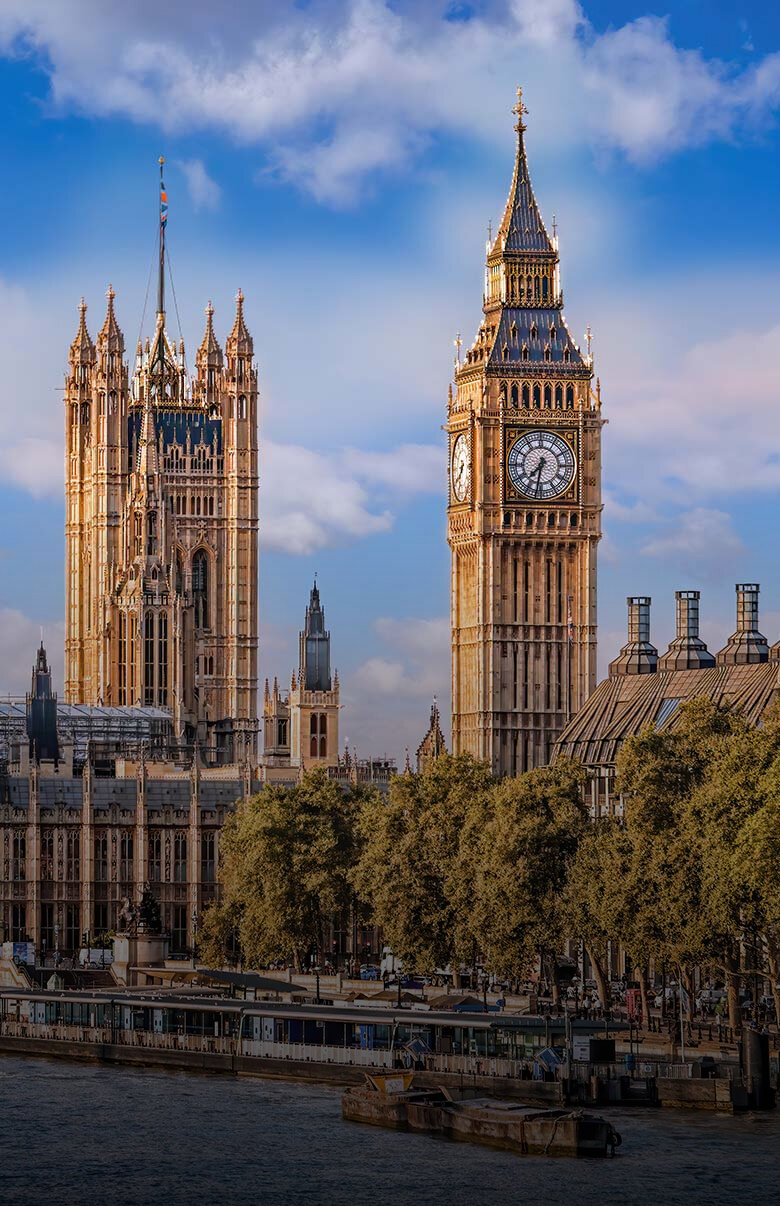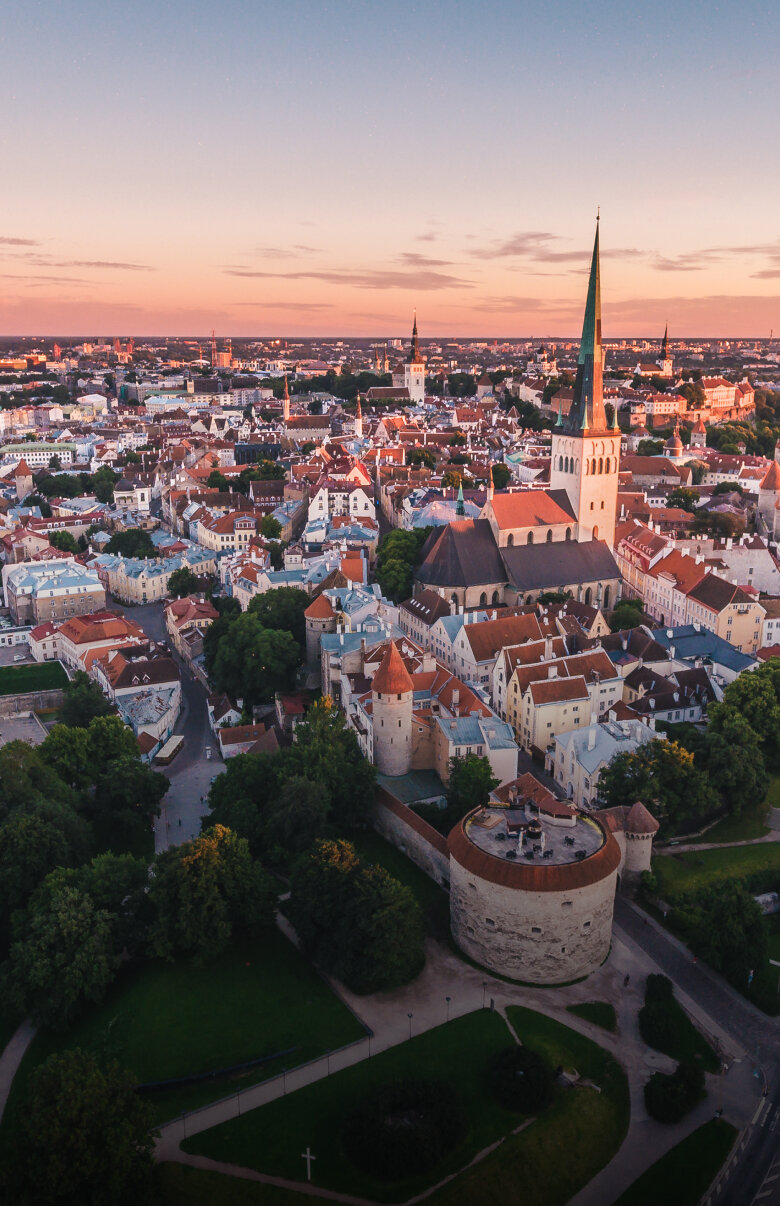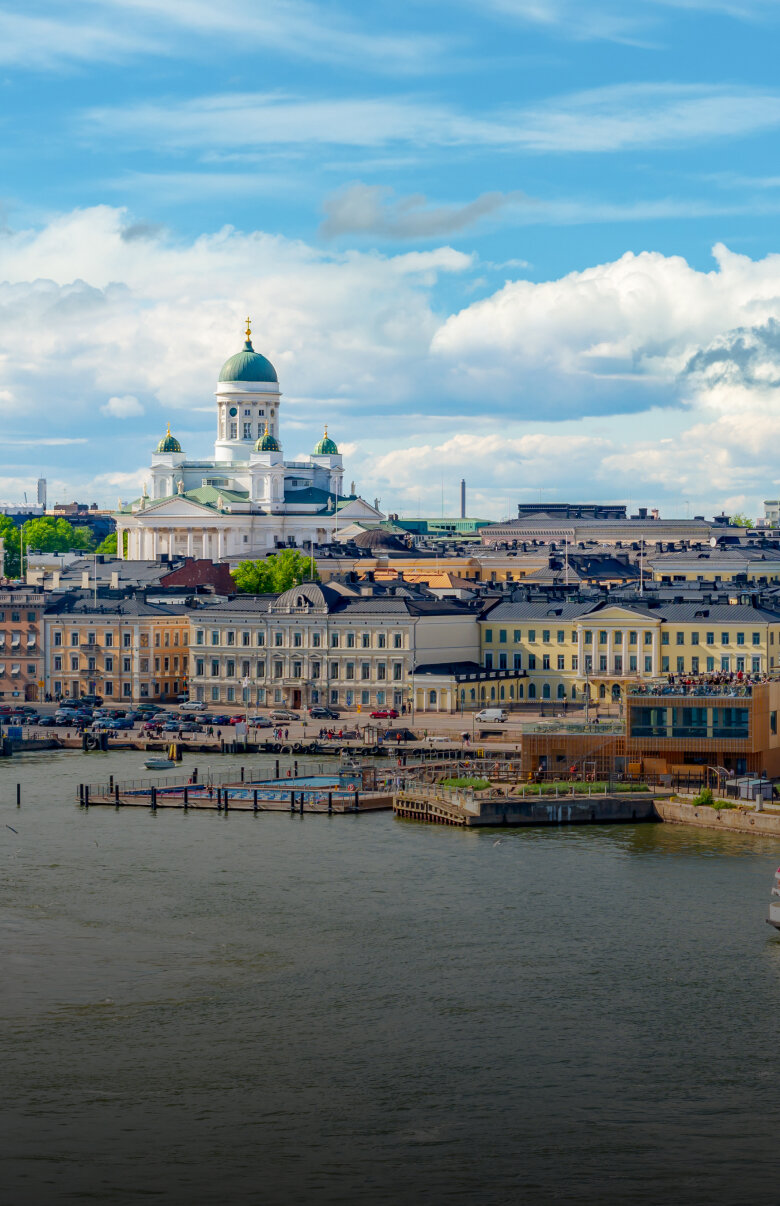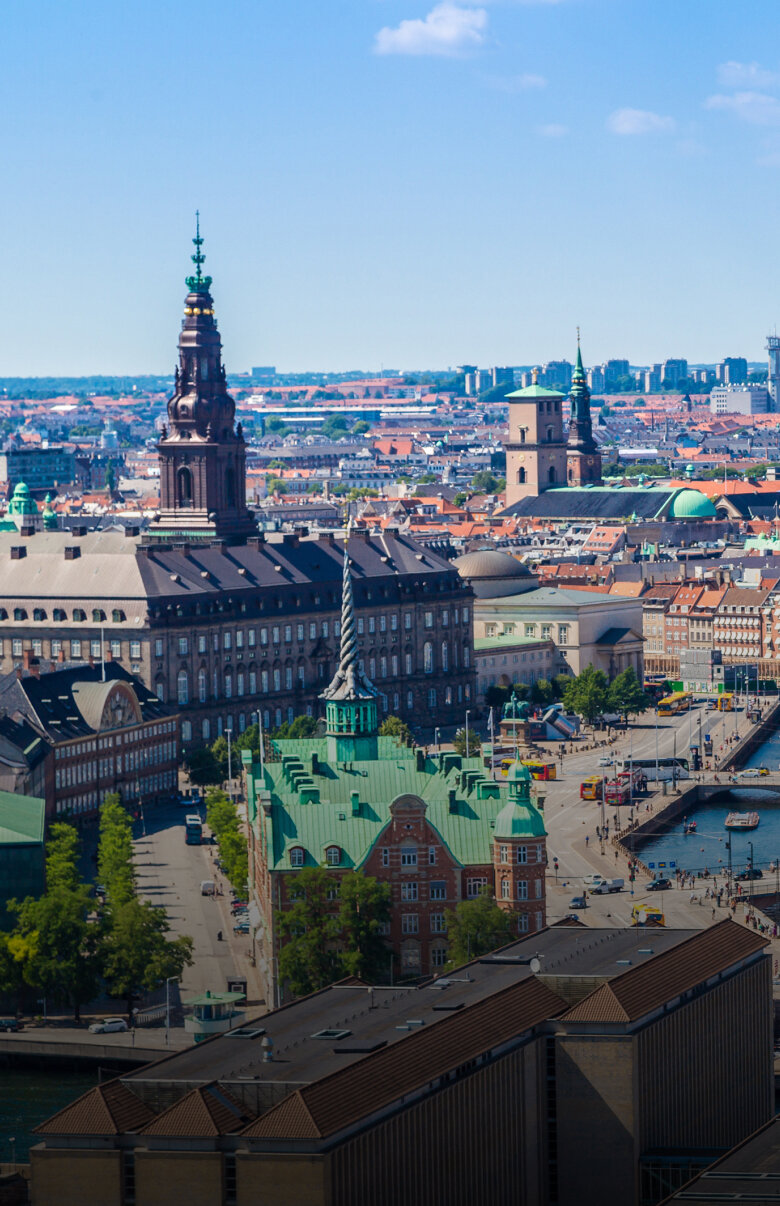Universities
Studying medicine in Switzerland
NC-free studies in German in a beautiful neighbouring country - studying medicine in Switzerland attracts numerous future students of human medicine and dentistry every year. Swiss medical universities are particularly attractive due to their high-quality education in colourful student cities. Sounds exciting, doesn't it?
You are interested in Studying medicine abroad?
We are happy to advise you free of charge about the possibility of studying medicine abroad. futuredoctor supports you in obtaining a place to study medicine at over 21 universities in 9 countries.
Studying medicine in Switzerland - your advantages
Switzerland, as a neighbouring country to Germany, is generally known as a great holiday destination with beautiful nature and impressive cities. But studying medicine in Switzerland also has a lot to offer.
NC-free study programme
To study medicine in Switzerland, you need the general higher education entrance qualification, the grades of your Abitur and thus the Numerus Claususare not important. However, in order to be admitted to medical studies or the degree programmes, you must pass an entrance test. But don't worry: we'll help you with that!
Medical studies in Switzerland: First-class education and research
Swiss universities are among the best in Europe. The high-quality education with state-of-the-art learning methods and facilities prepares you excellently for your future career as a doctor.
The world's leading healthcare system
The Swiss healthcare system is generally recognised as one of the best and most effective healthcare systems in the world. Teaching in very well-equipped hospitals with excellently trained teaching staff enables you to learn how to care for patients at the highest scientific level.
Beautiful student towns in a magnificent landscape
Switzerland's student cities not only offer high-quality educational institutions, but also a high quality of life and cultural diversity. Surrounded by breathtaking scenery, you can enjoy your student life here.
Studying medicine abroad in German
Switzerland has several official languages, including German, French and Italian. It is therefore also possible to study medicine in German at many Swiss universities.
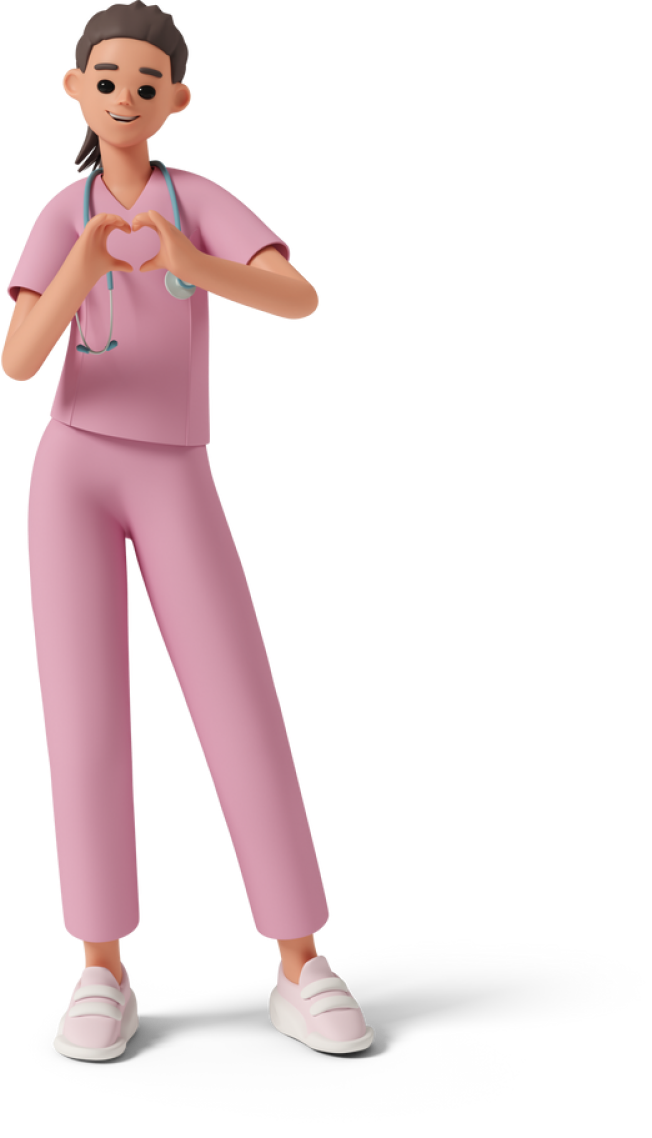
Study medicine abroad with futuredoctor
Do you dream of studying medicine, but the chances of getting a place in your home country are slim? We can help you find a suitable study place abroad.
Advantages at a glance:
- EU-wide recognised qualifications
- Study in English or German
- > 95% Success rate
- > 1,000 study places allocated
From the selection of universities and support in the application process to orientation and finding accommodation - we are at your side.
Studying medicine in Switzerland - An overview of the universities
There is a large selection of Swiss medical universities that could be suitable for you as a medical student. Below you will find an overview of the special features of the individual universities.
University of Basel (UNIBAS)
The University of Basel is the oldest university in Switzerland, having been founded in 1460. The Faculty of Medicine offers a degree programme in human medicine and dentistry in German. The medical degree programme is divided into a three-year Bachelor's degree and a three-year Master's degree. Teaching is organised into subject blocks and takes place in the beautiful, historic facilities of the university.
Basel is a lively student city with a wide range of cultural offerings such as museums and galleries. The city is located on the border with Germany and France, which makes it easy to visit other European cities.
University of Fribourg (Fribourg)
At the University of Fribourg, the Human Medicine programme is offered in German and French. Every year, around 120 students are admitted to the Bachelor's degree programme in Human Medicine. Teaching takes place in small cohorts. Thus the Contact us among the students.
Fribourg is located in the border region between French-speaking and German-speaking Switzerland, which creates a unique cultural atmosphere. With its medieval buildings and picturesque river, the well-preserved historic centre of Fribourg exudes a very special charm.
University of Bern (UniBE)
The University of Bern educates more than 2,200 students in human medicine and dentistry, making it one of the largest medical faculties in Switzerland. In terms of content, the university is unique due to its strong practical orientation, its specialised diversity and its cutting-edge medical research.
Bern is the capital of Switzerland and is located in the centre of the country. Surrounded by a picturesque landscape, you can enjoy your student life to the full here in an international community and with numerous cultural offerings.
University of Geneva (UNIGE)
Founded in 1876, the Faculty of Medicine is the second largest of the nine faculties at the University of Geneva. In the heart of international Geneva, you can study human medicine here in French. The Faculty of Medicine in Geneva is a leader in the fields of neurosciences, genetics and transplantation in particular.
Geneva is located in the south-west of Switzerland, close to France. The city is located on the shores of Lake Geneva and is surrounded by the Alps. Numerous outdoor activities, nightlife options and student organisations offer you the opportunity to split your student life in an exciting way.
University of Zurich (UZH)
Switzerland's largest university offers human medicine and dentistry degree programmes in German. The six-year degree programme is divided into a Bachelor's and Master's degree. The guiding principle of the Faculty of Medicine at the University of Zurich is outstanding quality and continuous further development in medical education. Intensive contact with other universities in Europe, the USA and Australia ensures international exchange.
Zurich is located in the north of Switzerland and is the country's largest city. The city on the shores of Lake Zurich is not only the economic centre of Switzerland, but also a lively city with a wide variety of cultural offerings and educational institutions.
University of Neuchâtel (UNINE)
The University of Neuchâtel is located in French-speaking Switzerland. Lectures on the human medicine programme are held in French. Due to its manageable size, the university has a familiar atmosphere and students benefit from easy access to lecturers and research teams.
The small town of Neuchâtel on the shores of Lake Neuchâtel has a rich history and is known for its well-preserved historical buildings and sights. The university attracts students from different countries, resulting in a multicultural community.
University of Lausanne
The human medicine degree programme at the University of Lausanne is taught in French and is divided into a Bachelor's and a Master's degree programme. As a fifth of the students and a third of the teaching staff are of foreign origin, the University of Lausanne campus has an international atmosphere. State-of-the-art technology and laboratories and spacious, well-shaded lecture theatres create an optimal teaching environment.
The city on Lake Geneva is the headquarters of the International Olympic Committee and therefore has a strong sporting tradition. Students have access to numerous sports facilities, parks and many activities such as sailing, skiing and hiking.
Università della Svizzera italiana (USI)
The University of Italian-speaking Switzerland is one of the youngest universities in Switzerland. 30 students have the opportunity to secure a place on the Bachelor's degree programme. However, this programme takes place at the partner universities of Basel and Bern. This is followed by the Master's programme.
Your place to study medicine in Switzerland - requirements
To apply for a medical degree programme in Switzerland, you need a general higher education entrance qualification. However, the grade point average is irrelevant. If you already have medical training or other professional experience in the medical field, this can be an advantage when applying.
For admission to most universities in Switzerland, you must successfully pass the EMS ("Aptitude Test for Medical Studies in Switzerland"). This test takes place once a year, usually at the beginning of July, and costs CHF 200. In terms of content, it is less about specialist knowledge and more about the ability to recognise and analyse problems and identify solutions. Your cognitive skills are tested in numerous subtests such as "Comprehension of complex issues", "Spatial imagination" or "Arithmetic and mathematical problem solving". The result of your EMS test is included in the admission assessment for the medical degree programme. However, the exact weighting can vary between universities. The universities that require the test are Bern, Fribourg, Basel and Zurich. At the other universities listed above, prospective students are admitted to the medical degree programme without a test. Here you have to prove your ability in the examinations during the first year in order to be allowed to continue with your studies afterwards.
If you want to start studying in Switzerland, you must also be over 18 years old and speak the national language.
Studying medicine in Switzerland - content and structure
How long does it take to study medicine in Switzerland? The medical degree programme in Switzerland lasts six years. The duration of the medical degree programme is made up of three years of Bachelor's studies and a three-year Master's programme.
In the Bachelor's degree programme, you will primarily acquire basic knowledge in scientific subjects such as physics, chemistry, physiology and genetics. You will learn about the structure and function of the human body and organ systems. This knowledge will be imparted to you in the form of lectures and small group lessons. You will acquire practical skills in the form of GP internships. Each semester ends with a written and oral examination. After successfully completing the Bachelor's programme, you will be admitted to the Master's in Medicine.
During your Master's degree programme in Human Medicine, the content of the Bachelor's degree programme is deepened. The focus is now on acquiring knowledge about the prevention, diagnosis and treatment of diseases in various medical specialities. Clinical rotations in different hospital departments are an essential part of the Master's programme. You will complete internships in various medical specialities, such as internal medicine, Surgery, Paediatrics, Gynaecology and many more. During your internships, you can apply the medical knowledge you have already acquired in real clinical situations and learn the practical skills you will need for your future career as a doctor.
During your Master's degree, you will have the opportunity to specialise in specific medical fields, for example Cardiologyorthopaedics or neurology. You could then also write your Master's thesis in this area to complete your degree programme.
Your medical studies are completed with a successfully passed federal examination in human medicine.
Medical studies in Switzerland are recognised in Germany and other European countries in accordance with the guidelines of the Bologna Process. This means you can choose the European country in which you would like to start your specialist training after your studies, so that your dream of becoming a doctor becomes a reality.
Studying medicine in Switzerland - Costs
To give you your Financing medical studies abroad to be able to realise the full potential of the project, careful consideration must be given to the costs involved.
In Switzerland, the tuition fees and your living expenses form the basis for calculating your medical study costs.
The semester fees vary between the individual universities and average around CHF 800. The University of Geneva has the lowest fees at CHF 479, while the University of Zurich charges its students around CHF 1170 per semester, making it the most expensive.
The high quality of life in Switzerland's cities comes at a price. The cost of living is significantly higher than in Germany. You should expect to pay at least CHF 2,000 per month for food, rent and leisure activities.
The good news: with a Scholarship you will be supported in financing your studies. The Futuredoctor team will be happy to advise you on possible scholarships.
Country and people: 4 interesting facts about Switzerland for students
Attention cheese lovers! If you like cheese, Switzerland is the right place for you, as the country is home to over 450 types of cheese. In addition to cheese, Switzerland is also known for exporting chocolate and watches.
Square flag! Apart from the Vatican, Switzerland is the only country with a square flag. As early as the 14th century, soldiers used the white cross on a red square background to recognise each other.
Mountains, mountains, mountains! A good three quarters of Switzerland consists of mountains, with the Alps making up 60 per cent of the country. The beautiful mountain regions are hugely important for Swiss tourism.
Where does the abbreviation CH come from? You may have noticed that Switzerland is abbreviated to CH. Unlike the DE of Germany, this abbreviation is not so easy to derive from the name. So why CH? The official name of Switzerland is Confoederatio Helvetica, which translates as "Swiss Confederation".
Studying medicine in Switzerland - Application
If you have decided to start studying medicine in Switzerland, you should familiarise yourself in good time with the Deadlines for applying to the various medical universities. The application for a Medical study place in Switzerland is done online via the "swissuniversities" platform, which is similar to the German website "Hochschulstart". There you have to register online and upload various documents, such as your CV, your university certificate or a current passport photo. We will support you with the application process!
Are you ready to realise your dream of studying medicine in Switzerland? Contact us today and start your journey with futuredoctor. We look forward to accompanying you on your journey and working with you to realise your dream of a career in medicine.
By the way: If you don't have an Abitur, but still want to fulfil your dream of studying medicine: There are countries in which a Studying medicine with a specialised baccalaureate can be carried out.
Do you live in the south of Germany and don't want to commute long distances? Then take a look at the following country: Medical studies Austria.
Starting signal
What are you waiting for? 🎉
Order your information pack now, find out more about studying medicine abroad and get started as a medical student!
Frequently asked questions
FAQs about studying medicine in Switzerland
What are the advantages of studying medicine in Switzerland?
Switzerland offers an NC-free study programme with a required entrance test, first-class education and research at renowned universities, experience in the world's leading healthcare system, study in beautiful student cities and the opportunity to study in German.
What requirements do I have to fulfil to study medicine in Switzerland?
You need a general higher education entrance qualification; A-level grades are not important. You must also pass the EMS (aptitude test for medical studies), be at least 18 years old and speak the local language.
How is the medical degree programme structured in Switzerland?
The degree programme lasts a total of 6 years, divided into 3 years for a Bachelor's degree and 3 years for a Master's degree. The Bachelor's programme focuses on scientific fundamentals, while the Master's programme offers in-depth knowledge and clinical practice in various specialist areas.
How high are the tuition fees for studying medicine in Switzerland?
Semester fees vary depending on the university and average around CHF 800. In addition, you should expect high living costs of at least CHF 2,000 per month.
Are there scholarships for studying medicine in Switzerland?
Yes, there are numerous Scholarship opportunitiesthat the Futuredoctor team can advise on.
How do I apply to study medicine in Switzerland?
Applications are submitted online via the "swissuniversities" platform. A CV, university transcript, a current passport photo and other documents are required.
Which universities in Switzerland offer a medical degree programme?
The well-known universities include Basel, Fribourg, Bern, Geneva, Zurich, Neuchâtel and Lausanne, all of which have different specialisations and special features.
Is medical training in Switzerland internationally recognised?
Yes, medical studies in Switzerland are internationally recognised in accordance with the Bologna guidelines and enable graduates to work in various European countries.
Can I also study medicine in German in Switzerland?
Many Swiss universities offer medical studies in German, which is attractive for German-speaking students.
What does futuredoctor offer in the context of studying medicine abroad?
futuredoctor provides support in choosing a university, preparing for aptitude tests, the application process, orientation at the place of study and finding accommodation.
30 countries for your medical studies
The Netherlands
Groningen, Maastricht, Amsterdam, Leiden, Utrecht, Rotterdam

Switzerland
Basel, Fribourg, Berne, Geneva, Zurich, Neuchâtel, Lausanne

